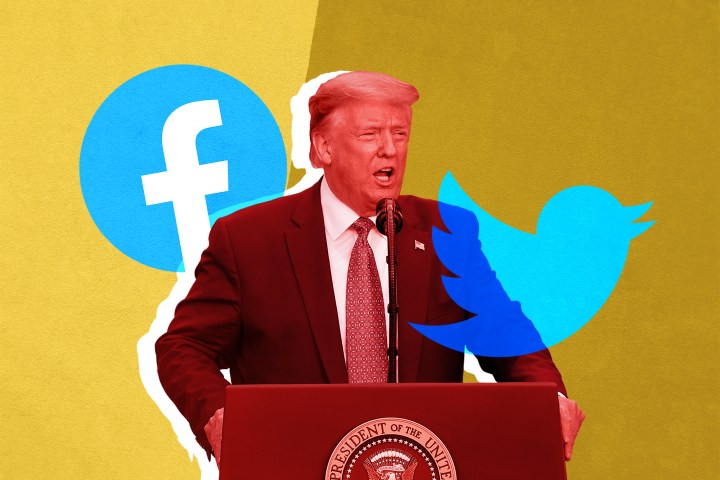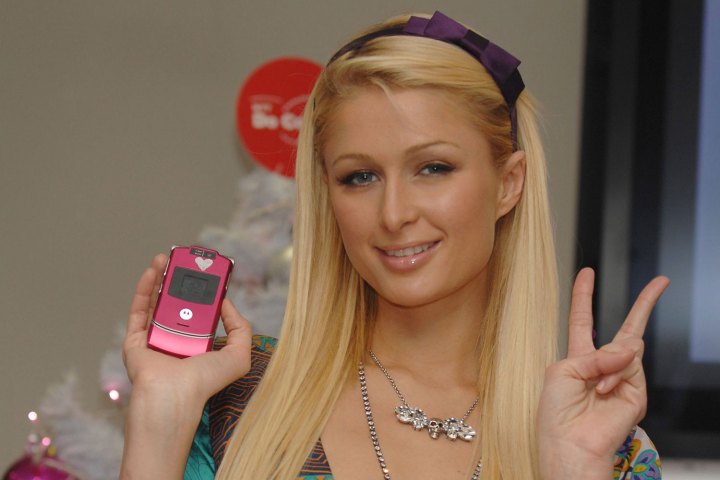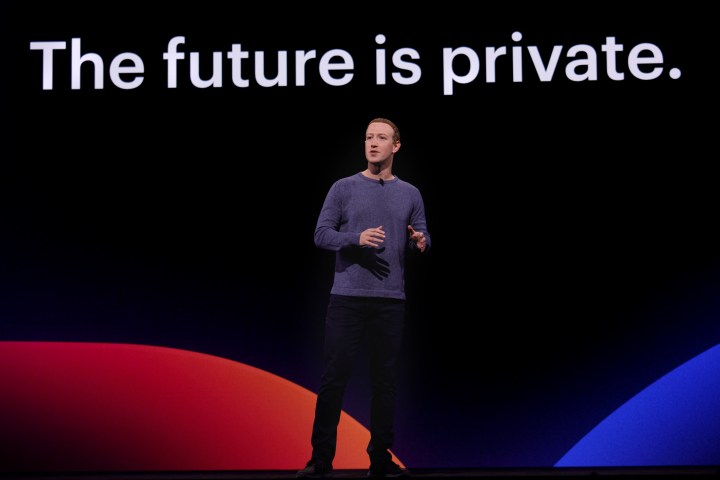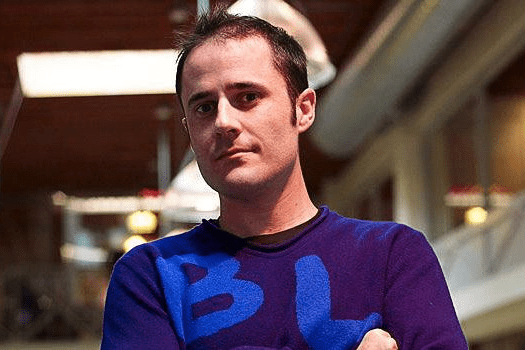One thing that celebrities have in common with everyday people is that they are also susceptible to cybersecurity breaches. Many public figures have had their private and public tech accounts hacked over the years and these attacks have often been due to them simply having weak passwords that were easy for bad actors to figure out.
Socialites, actors, politicians, and even prominent tech figures are guilty of lazy password practices, and falling victim to cybercrime that has compromised their passwords.
President Donald Trump

In 2018, a Dutch hacker famously gained access to former President Donald Trump’s Twitter account by simply guessing the password, yourefired, which was his catchphrase on his reality show, The Apprentice.
In 2020, the same hacker was able to infiltrate Trump’s Twitter account again by guessing the password once more, as maga2020!, another catchphrase of his.
The lesson here? One, keep your catchphrases to yourself. Second, don’t use the current year or an exclamation point at the end of your password. It might satisfy the password generators, but it’s the most obvious and commonly used special characters.
Paris Hilton

In 2005, socialite and heiress Paris Hilton’s T-Mobile account was hacked after bad actors figured out the password was tinkerbell, the name of her beloved pet Chihuahua. However, others have discussed that the password might not have directly been Tinkerbell but somehow related to the name.
Techdirt Editor-in-Cheif, Mike Masnick noted that a common security question when resetting a password is “What is your favorite pet’s name?” For Hilton, the obvious answer would be Tinkerbell. From there, a bad actor could input their own password and access her account.” It wasn’t necessarily social engineering or a security hole or even real hacking (though, in some sense, it was a combination of all three),” Masnick added.
The lesson here is simple: if you have a famous dog, don’t make it the answer to your security question. That might not apply to the average person, but the idea is to make sure answers to security questions are obscure enough to only be known by you.
Mark Zuckerberg

Meta (formerly Facebook) CEO Mark Zuckerberg had his Pinterest, Twitter, and Instagram compromised in 2016 by the hacker group OurMine for having the notoriously lazy password of dadada.
Look, this one should be obvious. Coming up with a good password requires moving around the keyboard a bit more.
Lisa Kudrow

Friend’s actress, Lisa Kudrow accidentally doxed herself in 2019 when she uploaded a photo to her Twitter which included a sticky note with the password to her account.
This one isn’t technically a hack or someone guessing an easy password. But let it serve as a reminder to not store your passwords on sticky notes or on easily accessible online documents. Choose a reliable password manager, and you’ll never accidentally have this problem.
Evan Williams

The former Twitter CEO had his own Twitter account hacked in 2016 after bad actors guessed his Foursquare password and figured out, he was reusing the same password for his social media account.
Another easy lesson for this one. Don’t reuse the same password for every account you have online. Again, password managers will fix this easily, but this is the most dangerous way to leave yourself vulnerable.
2020 Twitter account hijacking

President Joe Biden and former President Barack Obama were affected by a Twitter hacking scam in 2020, in which bad actors infiltrated the accounts of several notable people. After accessing the Twitter accounts, hackers sent out tweets posing as charitable donations in the form of Bitcoin due to the COVID-19 pandemic, urging people to send sums of Bitcoin in order to receive that amount doubled.
Victims who sent Bitcoin of course never received any reward in return and the bad actors were able to get away with over $100,000. Meanwhile, over 130 celebrity Twitter accounts were affected by the scam including Kim Kardashian and Kanye West.
Ultimately, investigations determined that the hackers used administrative tools to bypass account security, so the actual celebrities were unable to protect themselves. However, this was once again a case where many celebrities were using the same password across multiple accounts, still leaving them vulnerable.
Celebgate
The massive iCloud hack known as “Celebgate” took place between 2014 and 2017 and affected nearly 100 famous women, including Rihanna, Scarlett Johansson, and Ariana Grande, whose private images were shared across the internet.
The hack was able to take place at that time because, in 2014, Apple did not lock accounts that had repeated login attempts take place. So, one method that bad actors tried was simply attempting to guess passwords over and over. Another method was attempting to find a weakness within Apple’s software, which they did in the find my iPhone app. They used this to find celebrities’ Apple IDs and email addresses and use these to send phishing emails requesting confirmation of usernames and passwords.
Emails would be sent from addresses such as appleprivacysecurity and text and format would be identical to those actually sent by Apple. Unsuspecting celebrities would input their Apple login information and send it directly to hackers.
During “Celebgate,” over 500 compromising photos were distributed online, first to the image board 4Chan, and then to other social media websites such as Imgur and Reddit.
Ways cybercriminals can access passwords
There are many ways hackers can access security information such as passwords or bypass passwords altogether to access accounts. Some popular methods include data breaches and malware or ransomware. However, there are other methods, when used on their own or combined with the aforementioned attacks can take bad actors directly to the passwords they desire.
Brute force attacks: Hackers might attempt to guess your password using software programs containing common password configurations. Notably, in recent times, cybersecurity researchers have been studying the PassGAN tool, which uses AI to crack common four- to seven-character passwords in seconds. The tool was trained on a data set that has collected information from popular breaches of companies over several years.
Social engineering: Hackers might attempt to guess your password based on your personal information, either attempting to trick you into divulging details or searching social media or other profiles for clues about your password. These might include your address, your name, family names, or birthday, among others. This is similar to the Donald Trump and Paris Hilton attacks.
Phishing scams: Hackers might attempt to send emails that look similar to legitimate businesses and interacting with links or inputting your personal information can send your data directly to bad actors. This is similar to the Celebgate attack. Phishing attacks can also unintentionally install malware onto a device, which then remotely gives hackers access to passwords.
Tips for keeping your password safe
One overarching theme of many of these hacks was that the public figures involved did not have the best password practices. However, many of us follow in their footsteps. Here are some tips you can use to keep your passwords safe.
- Avoid using easy-to-guess passwords.
- Spend a bit more time developing a unique password.
- Use a password manager.
- Don’t use the same password on multiple platforms.
- Remember that companies will never ask for your password.
- Implement 2-step verification on a device or service.
- Be wary of phishing scams, and keep company email addresses starred or in your address book from prior interactions so that you’re familiar with them.
Editors' Recommendations
- Does your Mac need antivirus software in 2024? We asked the experts
- Use Comcast for internet? Your personal data may have been hacked
- Hackers are using this incredibly sneaky trick to hide malware
- Bing Chat’s ads are sending users to dangerous malware sites
- Update your Apple devices now to fix these dangerous exploits



